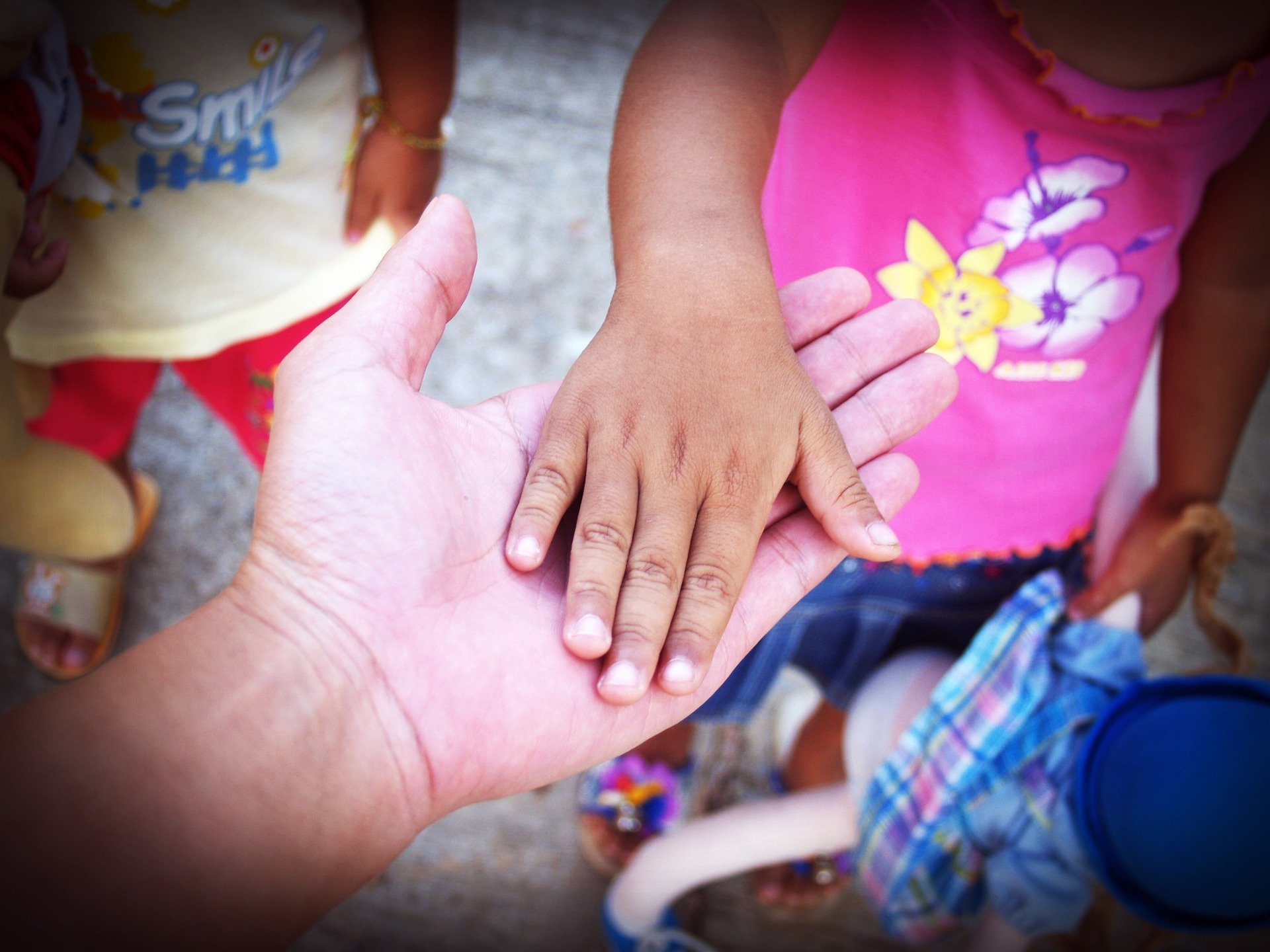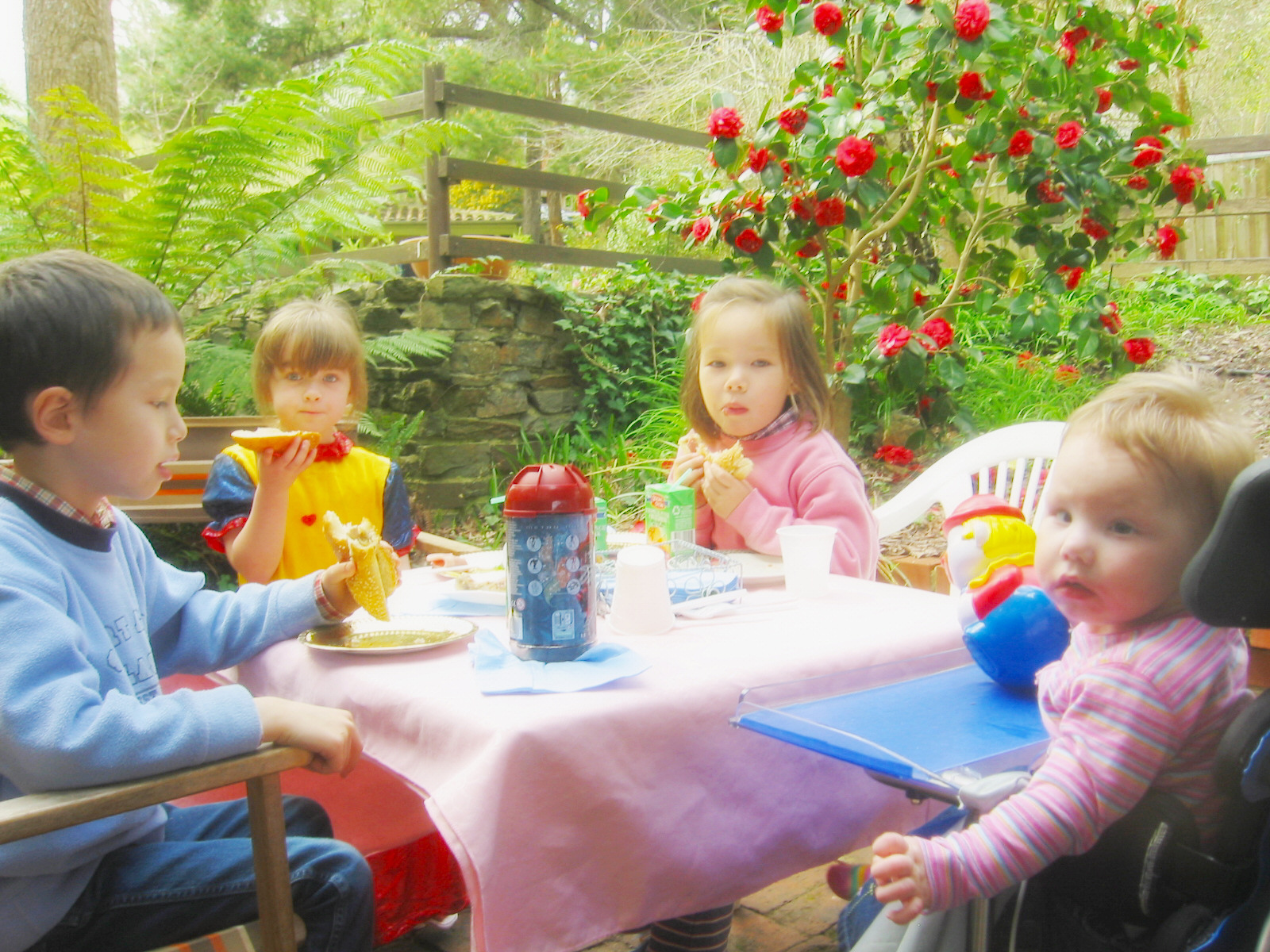28 April 2020
Tools and materials for good emotional management in times of crisis

Teisa Dalmau is a psychologist and expert in neuropsychology, educational inclusion and attention to diversity. She has dedicated more than 25 years to improving education by training and guiding teachers. She has implemented innovative projects such as the Early Learning Guide program or the Troy program, an adaptation of the Axenroos project for emotional education at early ages.
She started in the 90’s applying neuroscience in education when nobody else was doing it. Her experience as a trainer and counsellor is extensive. Teisa is a well of wisdom. Her great interest in helping each child grow to his or her full potential has led her to read, study and train herself in depth on how to improve learning. At the moment she coordinates the Department of attention to diversity of the group of schools Institución Familiar d’Educació and the school La Vall in Bellaterra.
The objective of the following article and resources is to provide information, pedagogical tools and resources that will promote the emotional well-being of children and their families. This can also be seen as an opportunity to improve the emotional competencies of all.
We are living in a historic moment. Unknown to the scientific community, the school world, the experts in emotions… , unknown to all humanity.
Everyone, children, adults, and older people, are living an infinite number of emotions in this state of exceptionality. But we adults can use our experience and personal resources to manage ourselves and instead children and adolescents lack them. They are feeling the same as we do, but probably do not know how to express or channel their emotions and instead express their experiences of sadness, fear, anger, loneliness, frustration, anxiety, etc. through their behaviour, their body.

With family members who are sick, admitted or even dead because of VIDOC-19, children experience intense emotions of sadness, fear, irritability and anxiety among others. And even if no family member is sick, the bombardment of information, conscious and unconscious, can produce the fear of contagion or the contagion of a family member. The long confinement also produces emotions of frustration and anger for not being able to go out, not seeing family or friends, not being able to go to school, etc. It is therefore not surprising that sleep disturbances, states of apathy, behavioural problems, separation difficulties with biased figures or regressions of already acquired habits, among others, arise.
Teleworking forces us to “invade” the family space, and it occupies it in such a way that, if we do not delimit schedules, children can live in solitude despite the fact that the whole family is under the same roof.
If emotional aspects already played an important and essential role in the children’s lives, during confinement it becomes a compulsory subject for parents and teachers.
Emotional competencies are a set of knowledge, abilities, skills and attitudes necessary to become aware of, understand, express and appropriately regulate emotional phenomena. (Bisquerra, 2009) . In ordinary situations, their acquisition and mastery favours a better adaptation to the social context and a better capacity to face the challenges that life poses, and in a situation of confinement they can be the key to emotional balance.
Adults are the mirror in which children look at themselves. Parents and teachers are their references, they are the models to imitate. It is necessary to remain calm, because the calm of the adult is the calm of the child; to transmit security because the security of the adult is his security.

It is important to connect emotionally with children. To achieve this it is necessary for adults to keep in mind:
Self-care and self-management. The adult has to look for spaces to be good. Allow yourself spaces to disconnect. Try to maintain a positive attitude whenever possible because if the adult is angry, irritable, the child will get infected. Take a deep breath.
Try not to lose your self-control. And if you lose it, apologize and take the opportunity to explain what it means to lose and regain emotional control
Assertive communication. Use positive and natural language, with a vocabulary adapted to the child’s age. Do not project fears and worries, make them feel understood (I understand that you feel this way), put words to their emotions, keep an active listening (look in their eyes, stand at their height, show interest), answer their questions.
Emotional intelligence
Emotional intelligence is composed of five emotional competencies that we all, children and adults, have to master in order to be emotionally competent:
- Emotional Awareness
- Emotional regulation
- Emotional Autonomy
- Social-emotional skills
- Family, social and school life skills.
The first step for the development of emotional competences and on which the quality of the rest of the competences depends is the awareness of our emotions, that is, being able to recognize the emotions and feelings that are manifested in oneself and in others. Then we must know how to regulate, without repressing, these emotions in favorable and unfavorable situations. The next challenge is emotional autonomy, that is, being able to regulate emotions, but now in an autonomous way. And finally, there is the development of social-emotional skills and competence related to the construction of personal and social well-being.
For more information download the full article
Resources

Article
“Eines i recursos per a una gestió emocional en temps de crisis.” Teisa Dalmau Xiqués, abril de 2020.
Stories
Web de recursos con cuentos: “Contes pròpis Sinergia Emocional”
Family portfolio
Programmes of emotional education
You might also like







